Advantages of Owning an Electric Car
Owning an electric car comes with several advantages, including lower maintenance costs and environmental benefits. Electric vehicles require less maintenance compared to traditional cars, as they have fewer moving parts and do not require oil changes. Additionally, electric cars produce zero emissions, reducing air pollution and contributing to a cleaner environment. These advantages make electric cars an attractive option for those looking to save money on maintenance and reduce their carbon footprint.
Advantages of Lower Maintenance Costs
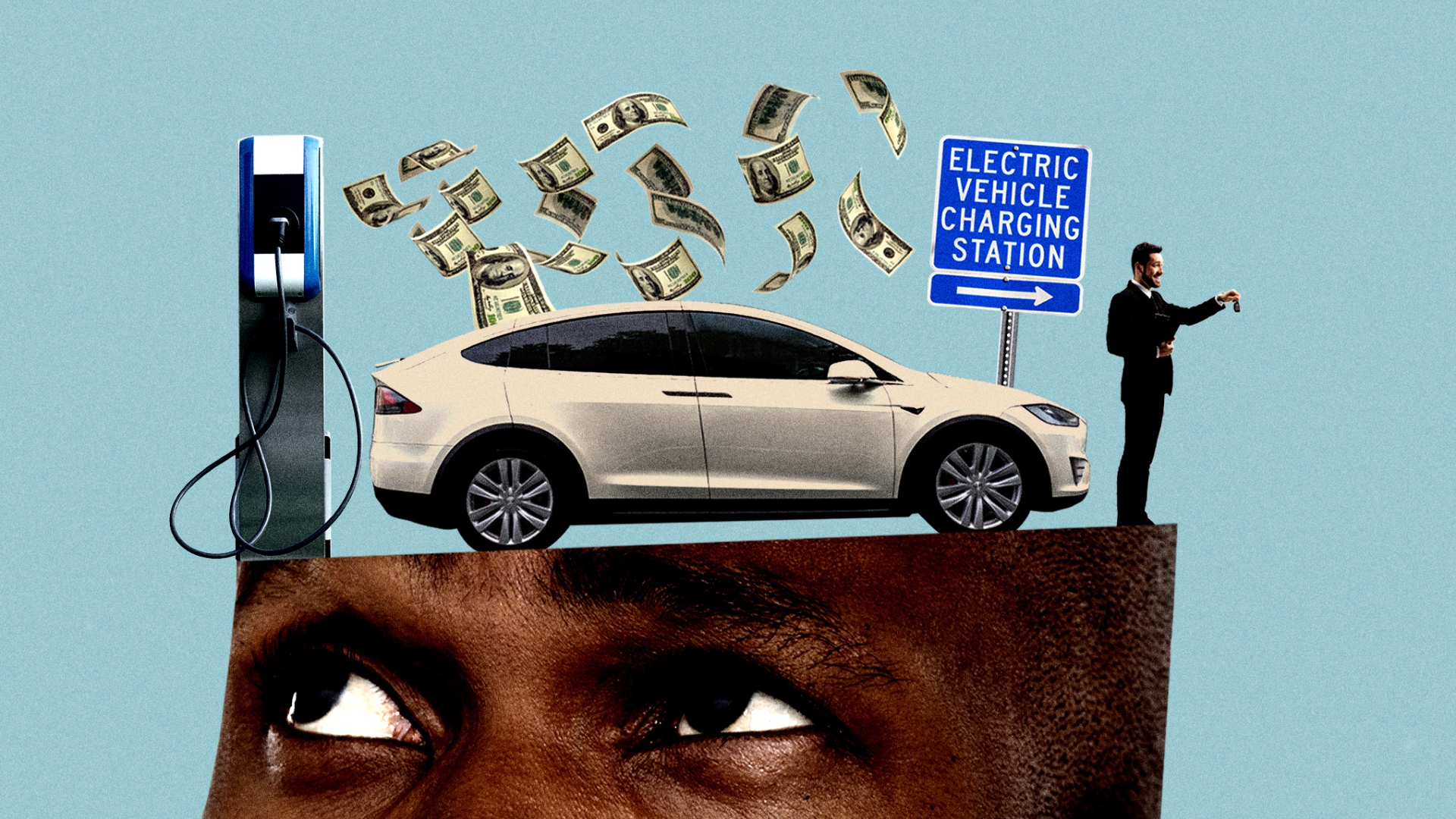
Electric vehicles have an advantage of lower maintenance costs compared to traditional cars. With fewer moving parts, there is less wear and tear, resulting in fewer repairs and replacements. Electric cars do not require oil changes, saving owners time and money. Overall, these lower maintenance costs contribute to the long-term affordability of owning an electric car.
Advantages of Environmental Benefits
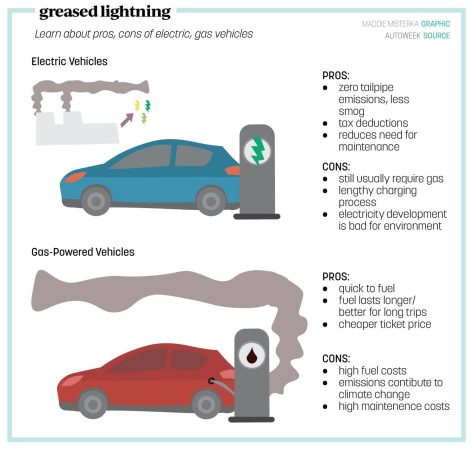
Electric cars offer numerous environmental benefits over traditional gasoline-powered vehicles. They produce zero tailpipe emissions, reducing air pollution and greenhouse gas emissions that contribute to climate change. The use of electric vehicles also helps to decrease dependence on fossil fuels and promotes the transition to cleaner and renewable energy sources. By choosing an electric car, owners contribute to protecting the environment and creating a more sustainable future.
Initial Costs of Owning an Electric Car
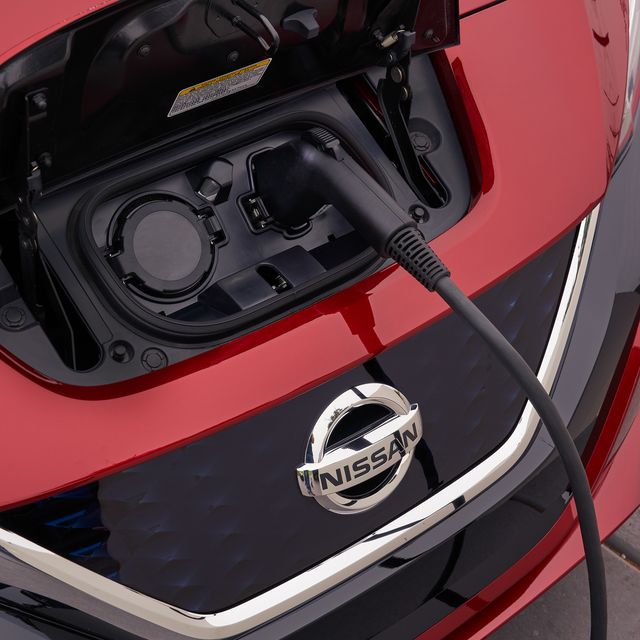
The initial costs of owning an electric car include the purchase price of the vehicle, which can be higher than that of a traditional gasoline-powered car. However, there are incentives and rebates available that can help offset this cost. It's important to consider these factors when making the decision to buy an electric car. Additionally, the cost of installing a home charging station should be taken into account.
Cost of Purchasing an Electric Car

The cost of purchasing an electric car can be higher than that of a traditional gasoline-powered car. On average, electric cars tend to be more expensive due to the advanced technology and battery systems. However, it is important to consider incentives and rebates that can help offset this initial cost. Additionally, the long-term savings on fuel expenses and maintenance costs can make the higher upfront cost worthwhile.
Incentives and Rebates for Electric Car Buyers
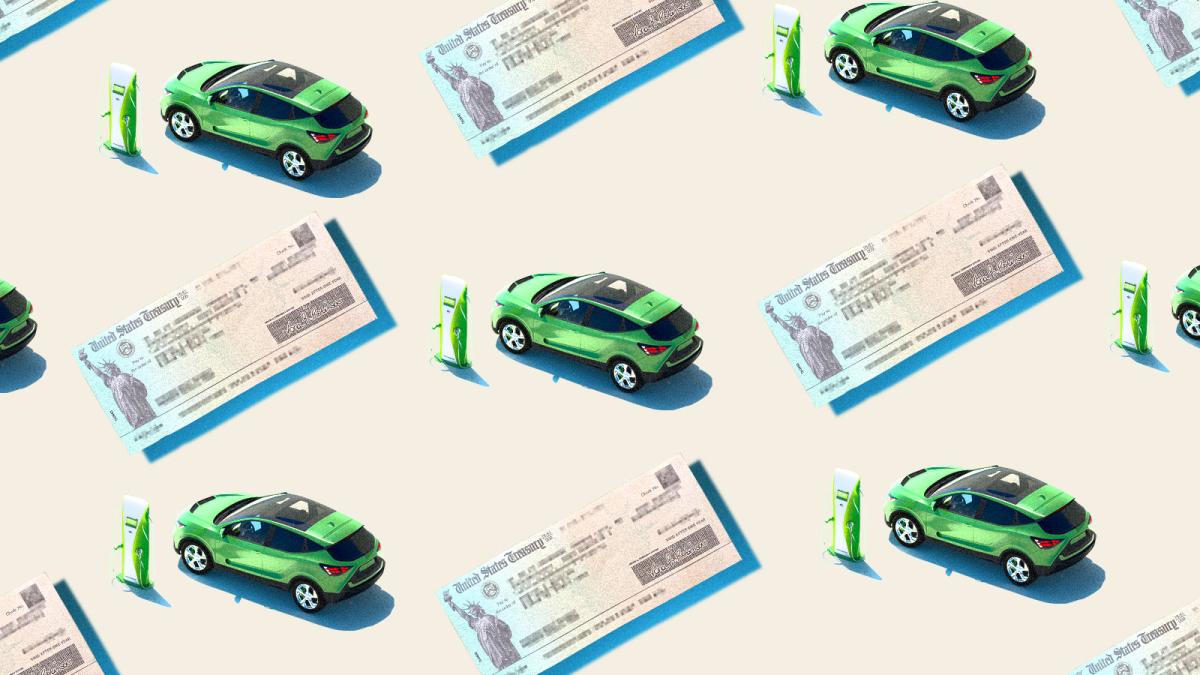
Incentives and rebates are available for electric car buyers in many countries and regions. These incentives are aimed at promoting the adoption of electric vehicles and reducing the initial cost burden. Examples of these incentives include federal income tax credits, state and local rebates, and grants for installing home charging stations. It is advisable for prospective buyers to research and take advantage of these incentives to make electric car ownership more affordable.
Operational Costs of Owning an Electric Car
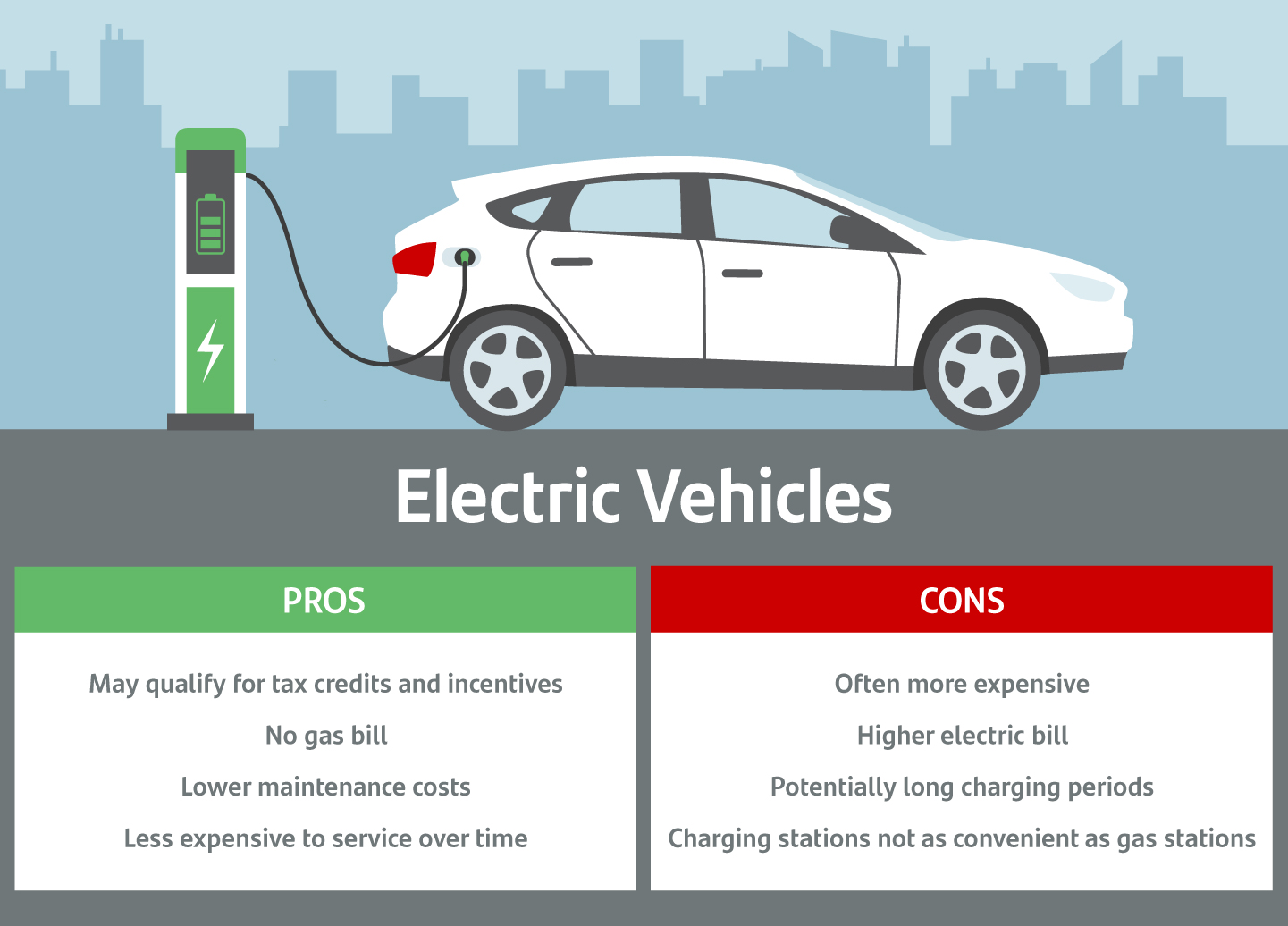
When it comes to operational costs, electric cars have several advantages over traditional combustion engine vehicles. Charging an electric car is generally cheaper than refueling a gas car, resulting in lower long-term fuel costs. Additionally, electric cars have fewer moving parts, reducing the need for frequent maintenance and repair. This can lead to overall cost savings and a more environmentally friendly ownership experience.
Charging Costs vs. Fuel Costs

Charging an electric car is generally cheaper than refueling a gas car, resulting in lower long-term fuel costs. The cost of electricity is typically lower than the cost of gasoline, and many charging stations offer discounted rates for charging during off-peak hours. Additionally, some electric vehicle owners may even have access to free charging at certain locations or through public charging networks. Electric cars also have the advantage of being able to charge at home, avoiding the need to visit a gas station and potentially saving time and money. Overall, the lower charging costs of electric cars can provide significant savings compared to traditional fuel costs.
Maintenance and Repair Costs Comparison
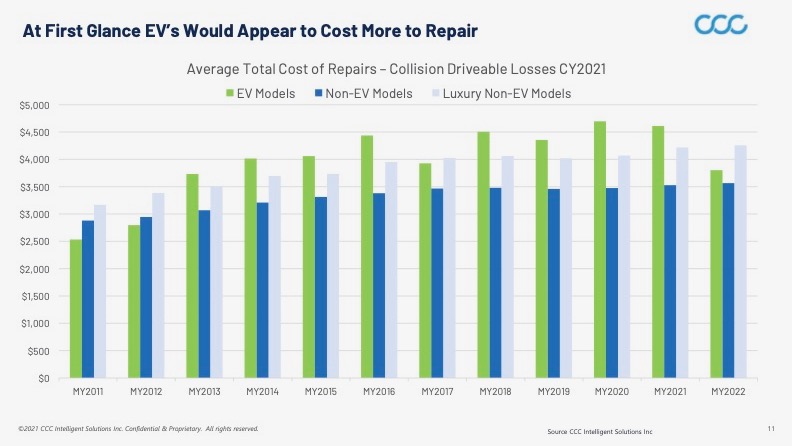
When it comes to maintenance and repair costs, electric cars have an advantage over traditional gas cars. Electric cars have fewer moving parts, which means there is less to maintain and repair. Additionally, electric cars do not require regular oil changes or transmission maintenance, further reducing maintenance costs. Overall, the lower maintenance and repair costs of electric cars can contribute to long-term savings for owners.
Long-Term Savings with Electric Cars

Long-term savings with electric cars are significant due to lower fuel expenses. Electric cars offer savings on fuel costs compared to gasoline-powered vehicles, as electricity is generally cheaper than gasoline. Additionally, electric cars tend to have a higher resale value, which can result in potential financial gains when it's time to sell or trade in the vehicle. Ultimately, these long-term savings contribute to the overall cost-effectiveness of owning an electric car.
Savings on Fuel Expenses
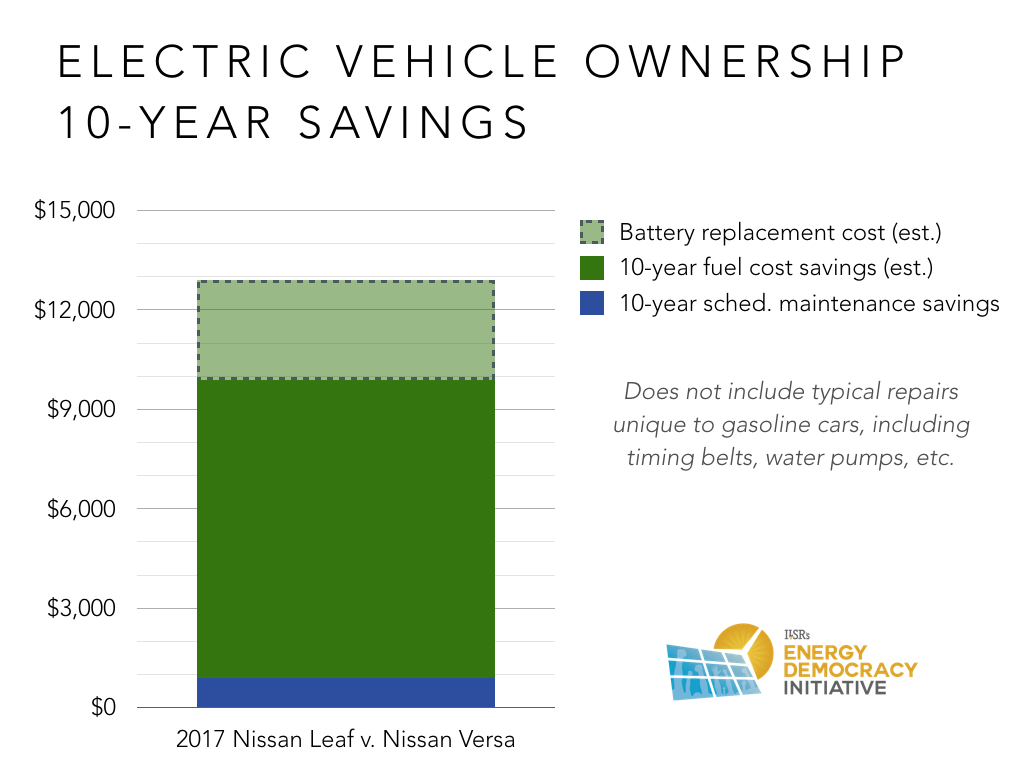
Electric cars offer significant savings on fuel expenses compared to gasoline-powered vehicles. With electricity generally being cheaper than gasoline, electric car owners can enjoy lower energy costs when it comes to charging their vehicles. These savings can add up over time, resulting in a more cost-effective ownership experience. In addition, as the cost of gasoline continues to rise, electric car owners can benefit from stable and predictable energy costs.
Potential Resale Value of Electric Cars
/posttv-thumbnails-prod.s3.amazonaws.com/04-10-2023/t_da8e5b8f49f741ec9b38f684c1f85301_name_evquestions_scaled.jpg)
Electric cars have the potential for a higher resale value compared to their gasoline counterparts. The growing demand for electric vehicles and advancements in technology make them attractive to buyers in the used car market. Additionally, government incentives and subsidies for electric cars can further enhance their resale value. Therefore, electric car owners can benefit from a higher return on their investment when it comes time to sell their vehicle.
Additional Costs to Consider
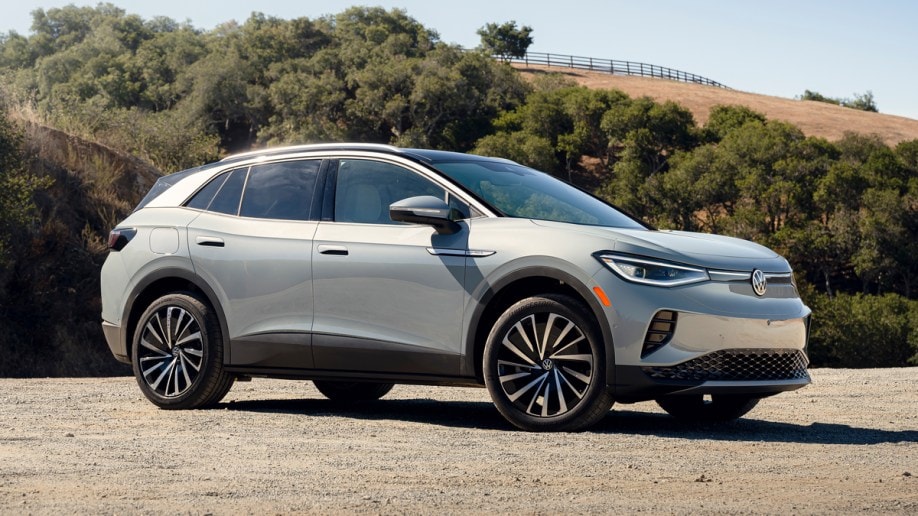
One important additional cost to consider when owning an electric car is the installation of a home charging station. While many electric car owners rely on public charging stations, having a charging station at home provides convenience and faster charging times. However, the cost of installation can range from a few hundred dollars to a few thousand, depending on the specific requirements of your home. Additionally, insurance costs for electric vehicles can also be higher compared to traditional gasoline vehicles due to the higher cost of repairing or replacing electric car components. It's important to factor in these additional costs when considering the overall expenses of owning an electric car.
Cost of Home Charging Station Installation

The cost of installing a home charging station for an electric car can range from a few hundred dollars to a few thousand. The specific cost depends on factors such as the type of charging equipment, the electrical capacity of the home, and any necessary modifications to the electrical system. It is important to consider this additional expense when budgeting for the overall cost of owning an electric car.
Insurance Costs for Electric Vehicles
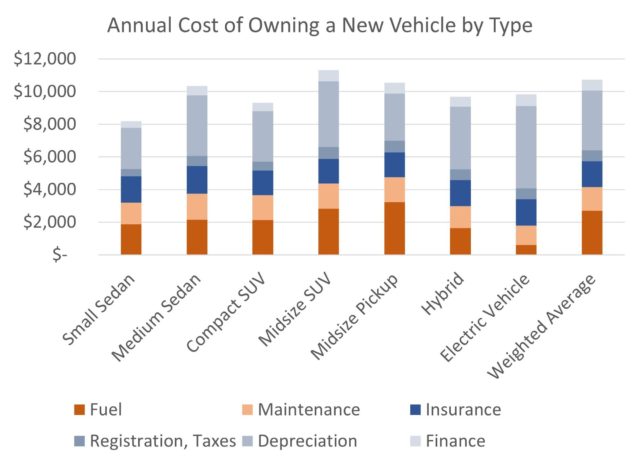
Insurance costs for electric vehicles can be higher compared to traditional gasoline-powered cars. This is mainly due to the higher price tag of electric vehicles and the specialized parts and technology involved. However, insurance providers are starting to offer specific policies for electric cars, which can help reduce insurance costs. It is recommended to compare quotes from different insurance companies to find the best coverage and rates for electric vehicles.
Conclusion

In conclusion, owning an electric car can have several advantages, such as lower maintenance costs and environmental benefits. While the initial costs may be higher, incentives and rebates can help offset the expense. Over time, the savings on fuel expenses and potential resale value can outweigh the upfront investment. Additional costs, such as home charging station installation and insurance, should also be considered. Overall, with proper management and cost reduction strategies, owning an electric car can be financially beneficial in the long run.
Overall Cost Analysis of Owning an Electric Car

Owning an electric car can involve higher initial costs, such as purchasing the vehicle and installing a home charging station. However, the long-term savings on fuel expenses and potential resale value can outweigh these upfront investments. With careful management and cost reduction strategies, owning an electric car can prove to be financially beneficial in the long run.
Tips for Managing and Reducing Electric Car Ownership Costs
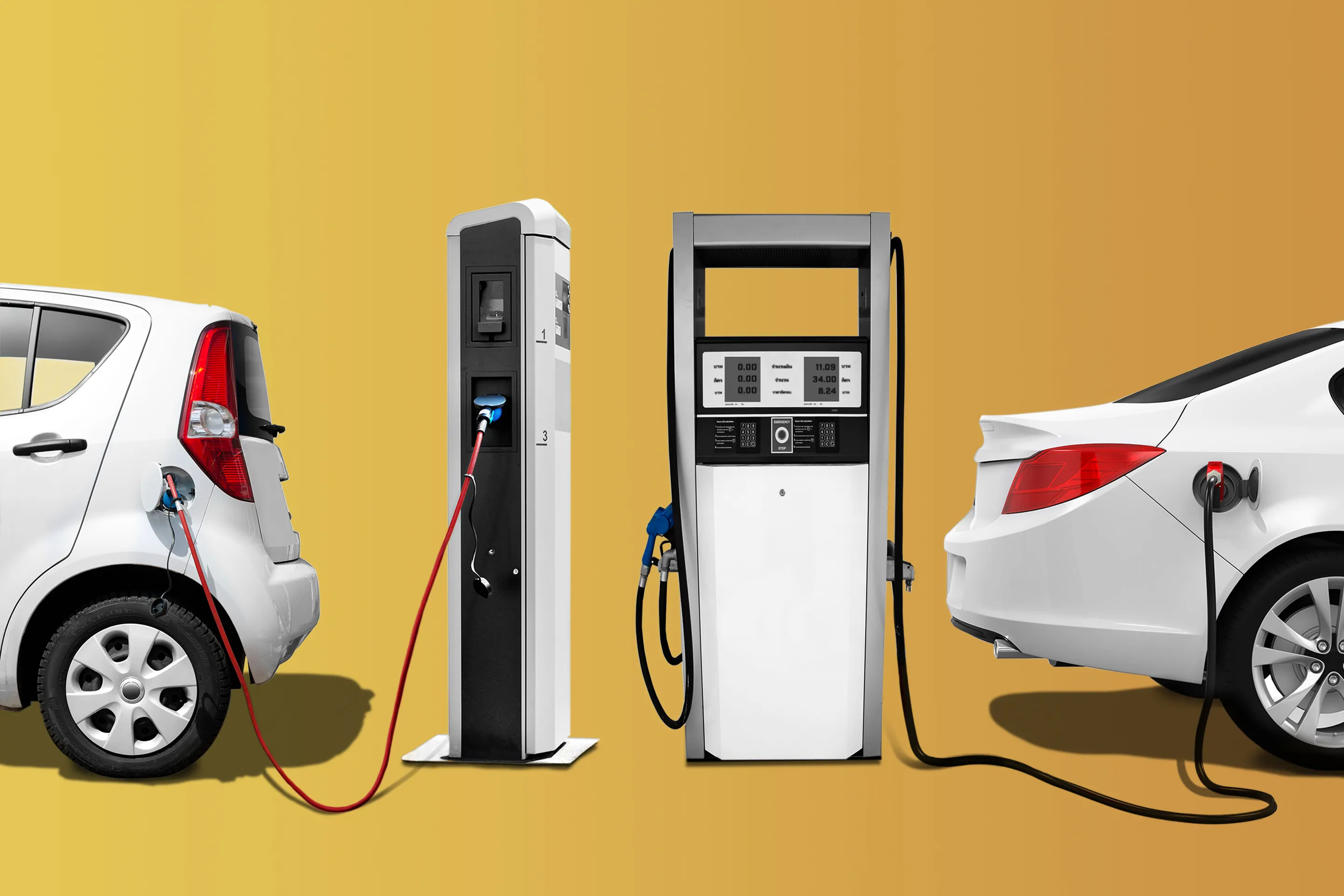
- Take advantage of off-peak charging rates to lower electricity costs.
- Plan your routes and utilize public charging stations strategically to reduce reliance on home charging.
- Consider joining a car-sharing service or rental program for occasional long-distance trips to save on mileage and maintenance expenses.
- Regularly maintain your electric car to prevent costly repairs and extend its lifespan.
- Research and compare insurance rates from different providers to find the most affordable coverage for your electric vehicle.
- Stay informed about tax incentives, grants, and rebates that can further reduce the overall cost of owning an electric car.